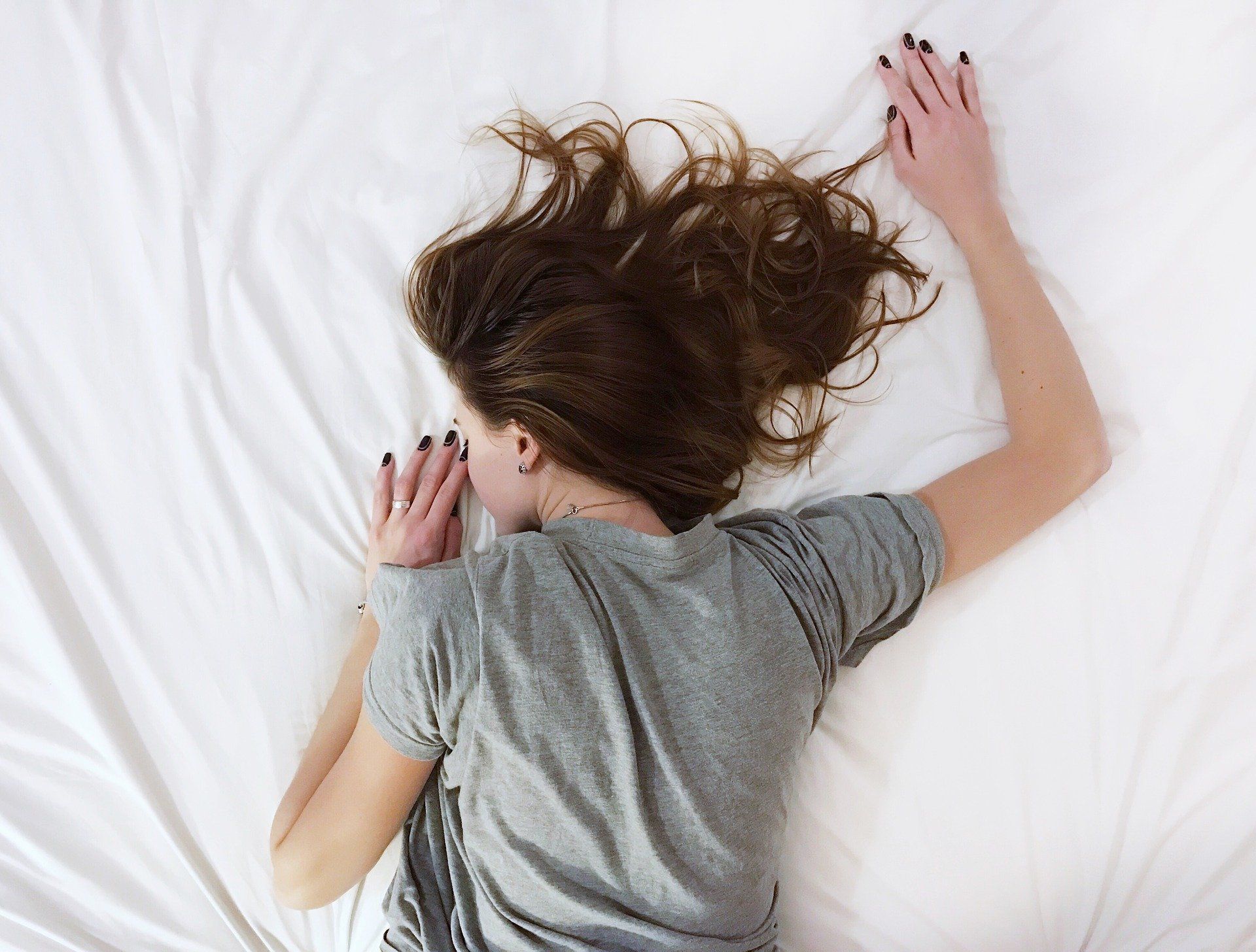If you have trouble sleeping, you should read this
Andi gives tips on better sleep
We all know sleep is important. When we don’t get enough sleep, our health, our mood, and our alertness suffer, and tasks become more difficult. Many of us are familiar with the frustration of lying awake in the middle of the night, desperately trying to fall asleep (or stay asleep) as we watch the hours go by on the clock. So how can we achieve better quality sleep? The answer lies in healthy sleep habits, also known as sleep hygiene.
Here are some things to think about when building a sleep hygiene routine:
Cell phones, tablets, and computers
The “blue” light emitted from these devices interferes with your brain’s production of melatonin, a hormone which is vital for our sleep-wake cycle. Your brain is tricked into thinking it is daytime, and it becomes harder to sleep. Ideally you should stay off screens for at least an hour before bed. At the very least, you should install an app like Twilight (it’s free!), which changes the light on your device to a more reddish hue = easier on the eyes and less harmful to melatonin production and sleep.
Caffeine
In addition to more obvious sources of caffeine such as coffee, pop, and tea, watch out for it in chocolate, vitamin water, and protein bars. Remember that your tolerance for caffeine might change as you get older, so if you are having trouble sleeping try cutting out caffeine after 2:00 or so and see if that makes a difference.
Medications
Certain medications, such as some antidepressants, may have stimulating effects and therefore may keep you awake when taken in the evening. You may want to ask your doctor or pharmacist about taking medications in the morning instead. Do not switch the time of your dosage without consulting a medical professional.
Exercise
Exercise is an important part of sleep hygiene, as regular exercise will help you sleep better. This can be anything – walking, yoga, weight lifting, martial arts, dancing, etc. However, you may want to avoid exercising too close to bedtime, as this can interfere with sleep.
Keep bed for bed
Many people watch TV, study, do work, use social media, or eat in bed. For better quality sleep, you should use your bed only for intimacy and sleeping.
Sleeping environment
Your sleeping area should be cool, dark, and quiet. Some people enjoy the white noise of a fan. You may consider using blackout curtains or a sleeping mask/hat to ensure total darkness – like the blue light of cell phones, sunlight interferes with melatonin production and reduces sleep quality.
Naps
It can be tempting to nap, especially if you are feeling sleep-deprived. And in fact, a 20 to 30 minute nap can help restore alertness. Just try not to nap any longer than that or you might find it harder to get a good sleep at night!
Consistency
Good sleep hygiene requires consistency; that is, waking up and going to bed at a similar time each day. It might feel like a pain to get up early on the weekends, but it will make getting up on Monday mornings a lot easier.
Sleeping difficulties can be associated with anxiety and depression. To learn more, click HERE. You may also want to consult your doctor to rule out any medical causes.
About the Author
Having experienced anxiety and depression at a younger age, this helped Andi see the value of compassionate professional guidance. From volunteering at a women’s shelter, to teaching yoga to seniors: Andi has a clear passion for helping people. Read More


